In Historic Ceremony, Activists Worldwide to Shine a Light on the Path to Animal Liberation
The News
The treatment of animals is a great disconnect in the world today. We oppose animal cruelty in theory, but we support it in practice. We know that our daily choices contribute to animal abuse, but we find ways to rationalize them in order to maintain our behavior. We turn a blind eye to cruelty because bearing witness would force us to take action. In short, the human desire to maintain the status quo is more powerful than the desire to do what is right — treat animals humanely.
But there is hope. Every individual who has adopted a cruelty-free lifestyle was, at one point, a part of the complicit majority. But someone or something before us – a friend, a protest, a documentary – helped us to see the light.
On Saturday, July 25th, activists around the world will, in an effort to awaken the masses, symbolically shine a spotlight on animal cruelty and the path to liberation. Wearing blue shirts and holding candles, activists in 130 countries will take photographs in front of a places that represent violence toward animals and post them on Facebook, Twitter and Instagram. According to the organizers, a large coalition of animal rights groups, participants will “stand in solidarity with a promise to the animals that we will continue to expose the violence against them and light a path towards a better world.”
The path to animal liberation is dark and long, but it has been paved. On Saturday, let us all shine the light on the path and encourage people around the world to join us on the journey.
Your Turn
Please join the Facebook event #LIGHTTHEPATH and join activists around the world in being a voice for the animals.
Filed under: Food
Tagged with: #LIGHTTHEPATH, Collectively Free, Direct Action Everywhere, DxE



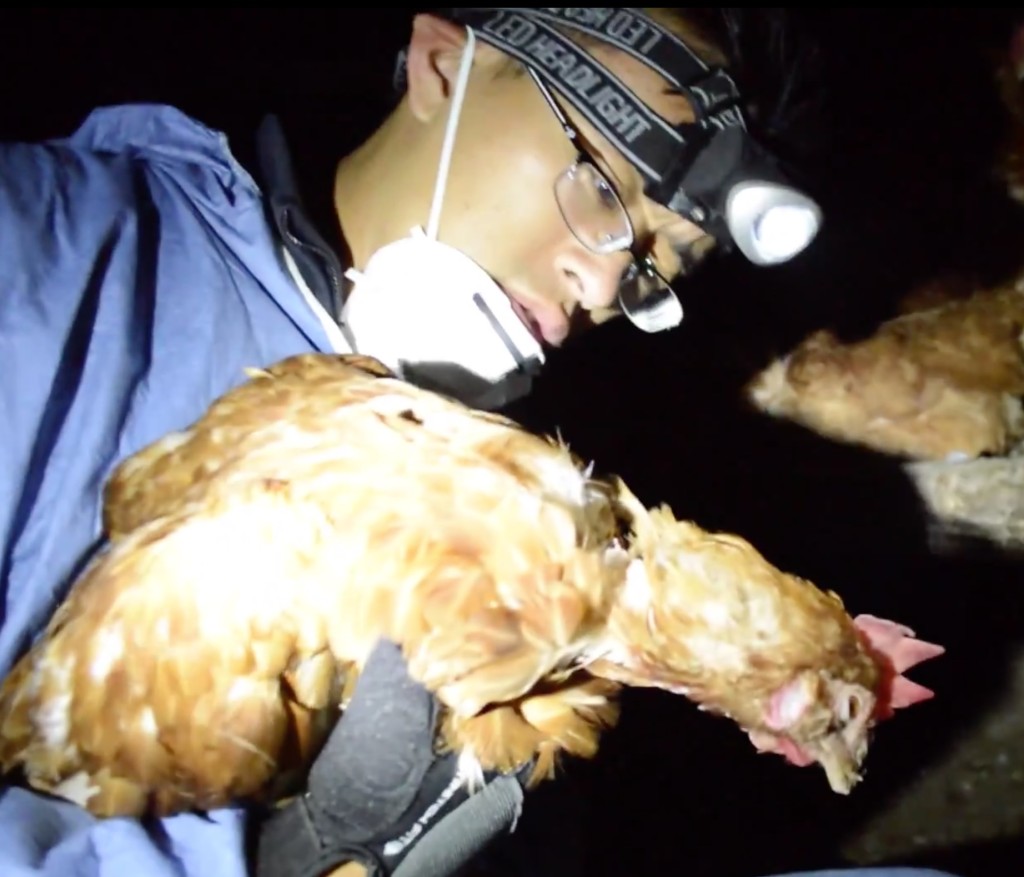
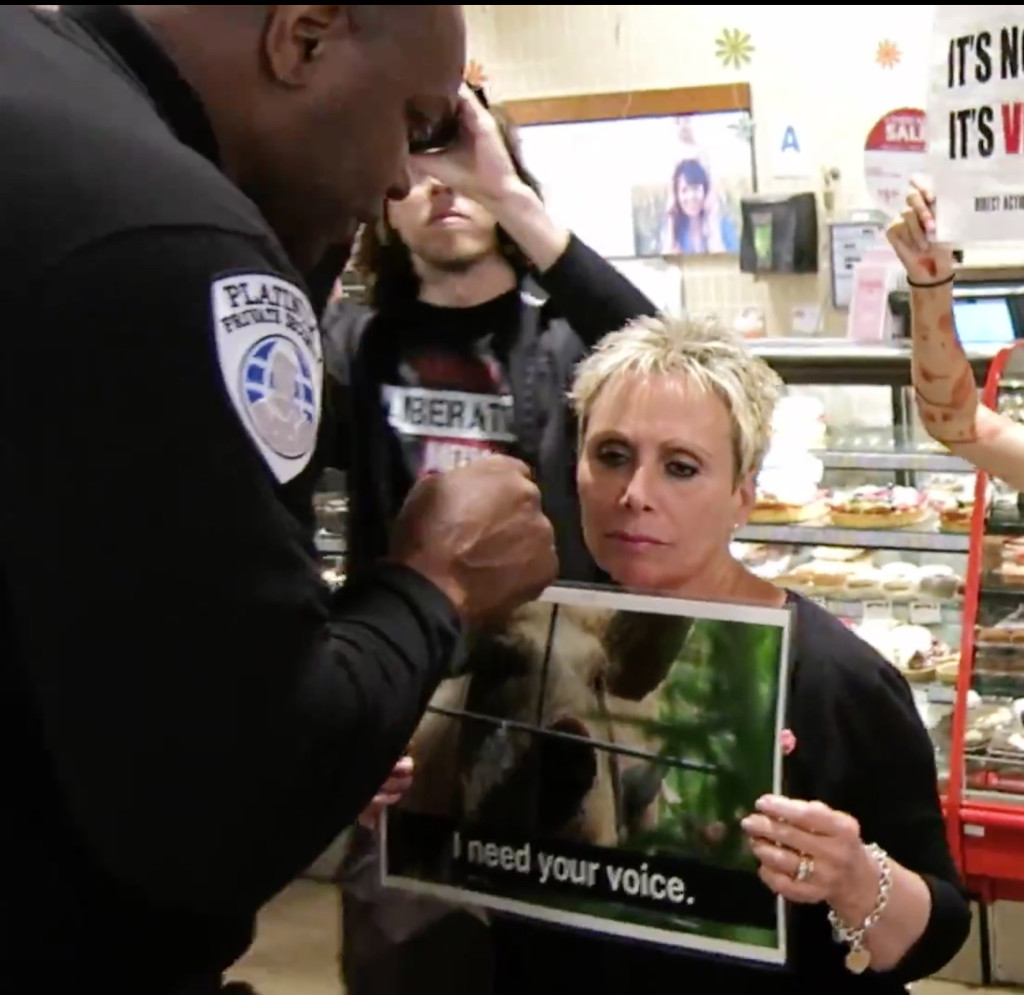

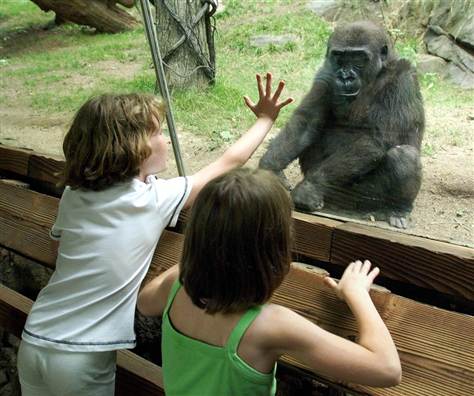



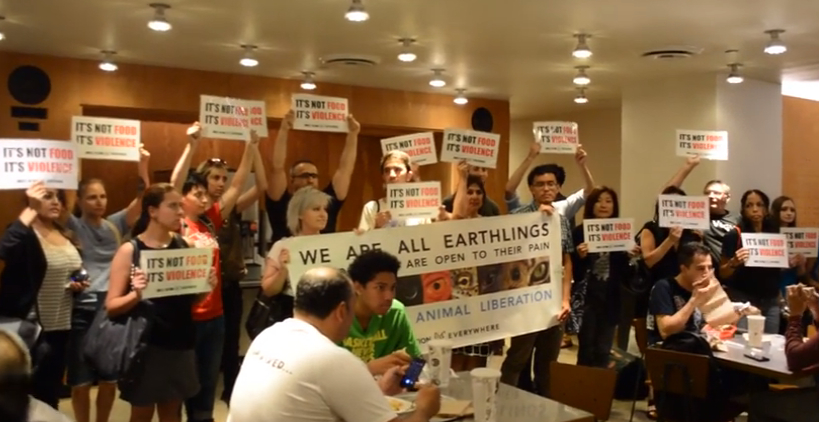


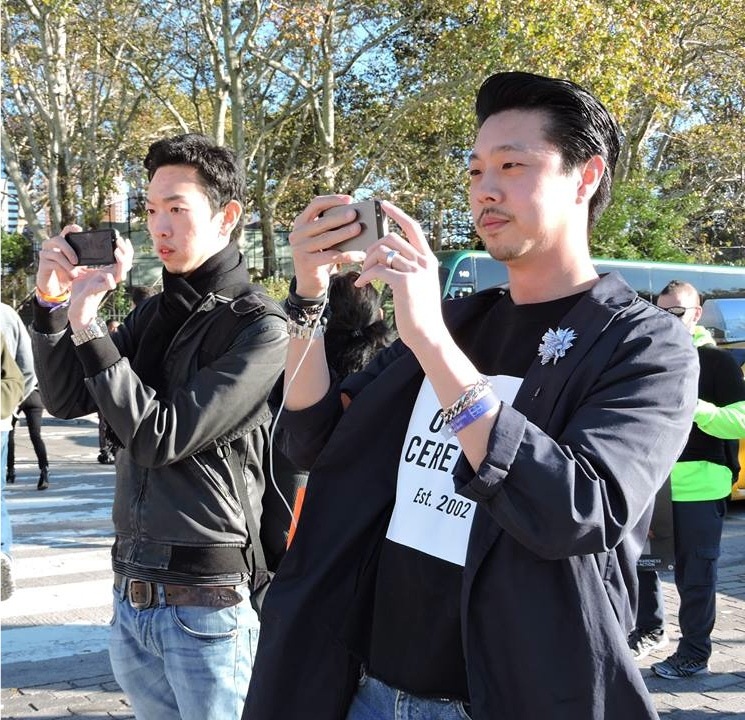
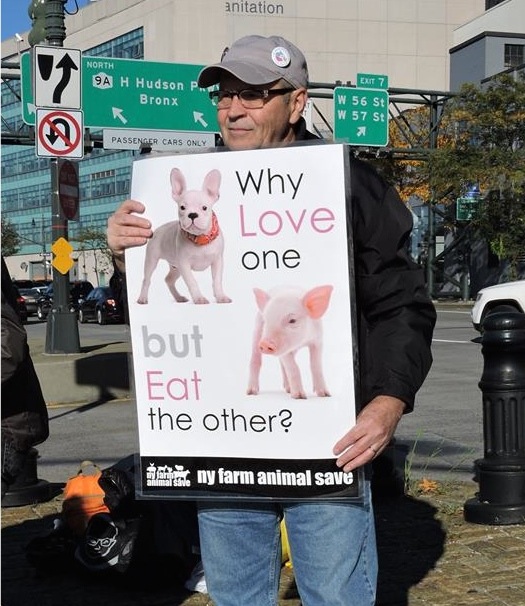
Follow Their Turn